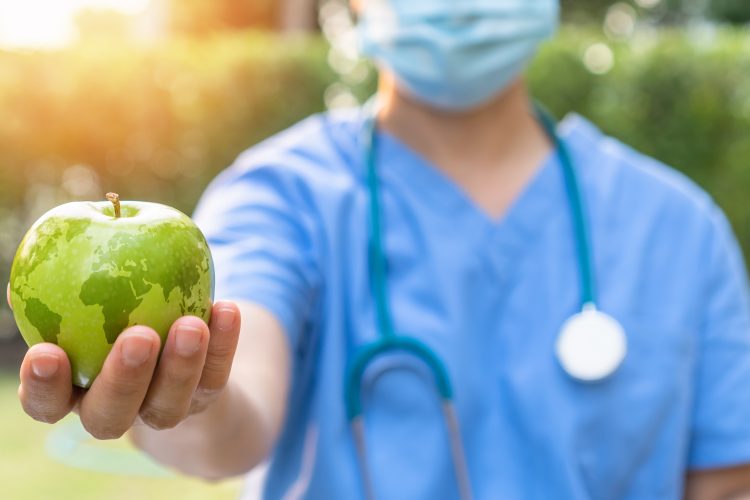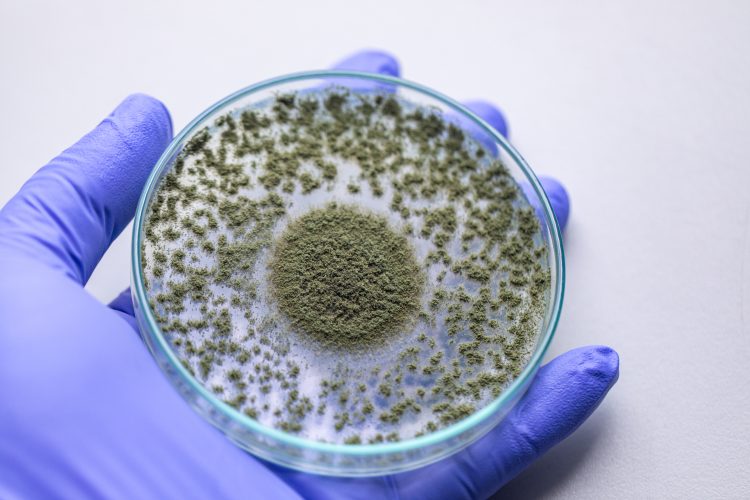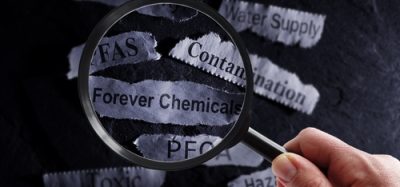How Mars is creating safe food today for a healthy tomorrow
- Like
- Digg
- Del
- Tumblr
- VKontakte
- Buffer
- Love This
- Odnoklassniki
- Meneame
- Blogger
- Amazon
- Yahoo Mail
- Gmail
- AOL
- Newsvine
- HackerNews
- Evernote
- MySpace
- Mail.ru
- Viadeo
- Line
- Comments
- Yummly
- SMS
- Viber
- Telegram
- Subscribe
- Skype
- Facebook Messenger
- Kakao
- LiveJournal
- Yammer
- Edgar
- Fintel
- Mix
- Instapaper
- Copy Link
Posted: 7 June 2021 | Dr Susan Blount | No comments yet
Dr Susan Blount outlines the worldwide collaboration Mars is undertaking to create safer food for a healthy tomorrow, including some important work around aflatoxins.


On World Food Safety Day, Dr Susan Blount of Mars Incorporated shares her thoughts on food safety and identifies some of the most pressing issues facing the food industry. In this Q&A, she explains what Mars is doing to achieve safer food for all, including the manufacturer’s work to mitigate mycotoxin exposure and its collaborations with other organisations across the world.
Q: What do you think is the most important commitment we can make to addressing the need for ‘safe food today for a healthy tomorrow’?
Dr Susan Blount (SB): I think that we all need to look beyond so-called stereotypical business interests in industry – to take to heart the core message of World Food Safety Day that food safety is everyone’s business. We must all play our parts in solving these huge global challenges. At Mars we believe that as a global food manufacturer we have a responsibility to share what we know to help generate solutions to global problems.
Over the past five years, Mars has committed significant resources to founding and growing strong research partnerships in order to ensure that the best tools are available to tackle food safety problems. In practical terms, that means that we work not only with industrial and academic partners, but also create ways of working with our direct competitors to solve joint problems that benefit all in the food safety space. That’s what is needed to make real progress – a mechanism of bringing the best minds and thinking together to solve for global, real-world challenges in food safety.
Q: What areas of research is the food sector focused on right now?
SB: One area of focus for the entire food sector is researching and developing strategies to tackle mycotoxin contamination in foodstuffs, in particular, aflatoxins. Aflatoxins are toxic compounds naturally produced by certain types of moulds that can grow on widely used foodstuffs, such as wheat, peanuts, corn, walnuts, and tree nuts.
It has been estimated by the Centers for Disease Control and Prevention (CDC) that around 4.5 billion people are at risk of exposure to aflatoxins each year, making it one of the most prevalent food safety threats on the planet. It has been linked to stunting development in children, immune disorders, and maternal anaemia, as well as being attributed to up to 28 percent of all liver cancers globally. The serious health threat that aflatoxins post makes it an area of food safety management that impacts every step across the supply chain from farm to fork, and therefore an area that can significantly benefit from industry collaboration.


Mycotoxins are a very serious food safety risk and are produced by some moulds
Q: Can you give an example of work done to combat aflatoxins?
SB: We have partnered with World Food Programme (WFP) since 2015 to provide scientific and strategic guidance and training on food safety and quality, helping WFP develop training programmes and drive internal culture around food quality and safety, so all staff members around the world can better understand the issues and the critical role assurance plays in our work. We have also been supporting WFP to develop guidelines and implement industry best practices across the organisation, as well as protocols to better manage local and regional suppliers.
Another example I find inspirational is the formation of the USAID-funded Feed the Future Innovation Lab for the Reduction of Post-Harvest Loss (PHLIL) in 2018. This was a truly global collaborative project between Mars, Kansas State University, the Nepal Development Research Institute, Tribhuvan University, University of Nebraska-Lincoln, and other partners and Nepali stakeholders. Together, we pooled our insights and technical knowledge to create a state-of-the-art mycotoxin laboratory at the Nepal Academy of Science and Technology (NAST). Three years on it is still dedicated to advancing our capabilities in identifying the causes of aflatoxin contamination in the Nepalese diet so that we might develop innovative solutions to eliminate these deadly toxins from the food supply chain. The findings have been shared with the Nepalese Government to help inform the design of policies and programs that can make a real difference in tackling the aflatoxin contamination challenge.
Q: What do you think is the key to success for these food safety partnerships?
SB: It takes a lot of effort to make these collaborations happen, and can involve multiple partners, often from very diverse backgrounds. When you consider Mars food safety collaborations with other industry partners for example, this is still a fairly new concept and considered very atypical in industry. However, from experience, we have shown that the benefits to collaborative and innovative food safety and security research are more than worth the efforts. We take our commitment to collaborations seriously, building trust with our partners, and working hard to ensure we are a partner of choice in innovative research that will help us do our part in building a better world for tomorrow.
About the author
Dr Susan Blount is the Global Scientific and Regulatory Affairs (SRA) Director for Mars Incorporated where she leads a team of technical experts that ensure the business can anticipate, monitor and react to scientific and regulatory changes, with the technical know-how to implement required changes. She began her career in academia and the pharmaceutical industry.
Dr Blount completed a post-doctoral degree in antioxidant biology, DNA damage and its role in autoimmune function. In 1994, she joined the WALTHAM Centre for Pet Nutrition, and has since held roles in several areas including Technical Communications, R&D as Waltham Research Director, and has led the Global Scientific and Regulatory Affairs team since July 2017.
She also led the development of a Global Food Safety Center (GFSC) for Mars, which was established in 2015, and marked a critical milestone for the business to achieve its ambition to invest in food safety science and innovation for future generations of consumers.
Related topics
Contaminants, Food Safety, Hygiene, Lab techniques, Mycotoxins, Outbreaks & product recalls, Pathogens, Regulation & Legislation, Supply chain
Related organisations
Centers for Disease Control and Prevention (CDC), Kansas State University, Mars, Nepal Academy of Science and Technology (NAST), the Nepal Development Research Institute, Tribhuvan University, University of Nebraska-Lincoln, USAID, World Food Programme (WFP)









